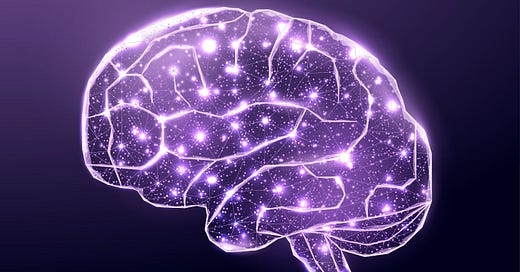In 2024, it's vital we examine the way we think about language
Understanding the fallibility of language could be the revolutionary act we need
We are born into language – and it’s one of touch, gestures, sensation. From birth, a baby learns the language of their environment through a series of cues, by testing actions and response. They arrive with their own language too – different pitches of screams, movements, coos. There are entire manuals to help parents to decode this, because even bilin…




